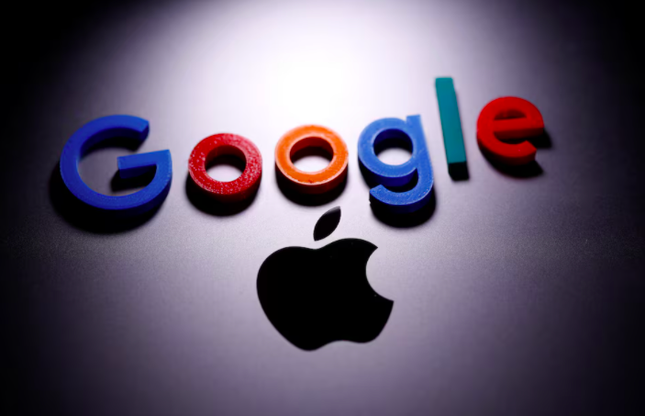The Risks Faced by Trillion-Dollar Corporations

Trillion-dollar corporations, known as “Big Tech,” are facing the possibility of being broken up. This move could pave the way for regulatory agencies worldwide to follow suit. Evidence of this can be seen in the increasing number of antitrust investigations taking place in various countries, following in the footsteps of the European Union (EU) and the United States.
Since AT&T’s breakup 40 years ago, no company has faced the risk of being divided as required by regulatory authorities. In 1984, AT&T, also known as Ma Bell, was divided into seven independent companies known as “Baby Bells,” breaking up one of the most powerful monopolies of the 20th century. AT&T, Verizon, and Lumen are the only remaining surviving companies from this breakup.
Google has denied the allegations made by the EU, while Apple argues that the US lawsuit is based on faulty facts and laws.
Currently, regulatory agencies have accused Big Tech companies like Apple and Google of building an impenetrable ecosystem around their products, making it difficult for customers to switch to competing services. This is referred to as a walled garden.
Just recently, the US Department of Justice warned Apple, a $2.7 trillion company, that it may have to consider dividing the company to restore competition. This warning came after Apple collaborated with 15 states to sue iPhone manufacturers for market monopoly, impeding competitors and unilaterally raising prices. Resolving this issue may take several years, and Apple has vowed to fight until the end.
In Europe, tech giants will face even stricter supervision. Apple, Meta, and Alphabet may be investigated under suspicions of violating the Digital Markets Act (DMA), which can result in heavy fines and even breakup, as reported by Reuters.
Margrethe Vestager, the EU’s antitrust chief, has paved the way for imposing strict measures by accusing Google of engaging in anti-competitive behavior in their lucrative advertising technology business. She suggests that forcing Google to sell some of its assets appears to be the only way to avoid conflicts of interest, as Google prioritizes their own ads over others. Vestager is expected to make a final decision later this year.
European Parliament member Andreas Schwab, who has been heavily involved in drafting the DMA, recently revealed that lawmakers want to take strong action against Big Tech companies that violate the rules. “If they don’t comply with the DMA, you can think about what the Parliament will demand. Break up. The ultimate goal is to create a more open, fair, and innovation-friendly market,” he stated on March 22.
Overall, the fate of Big Tech companies hangs in the balance as their trillion-dollar valuations and dominant positions face increasing scrutiny from regulatory authorities worldwide.
